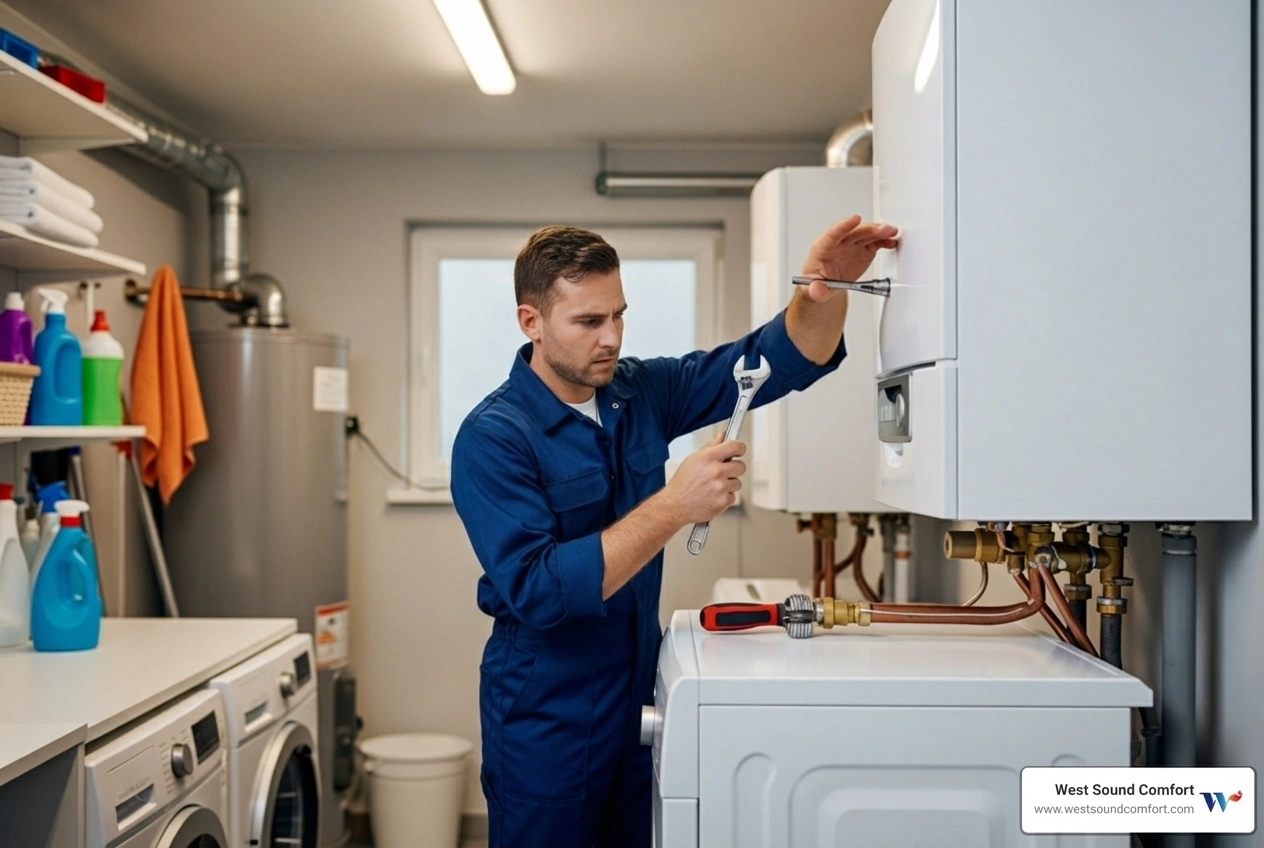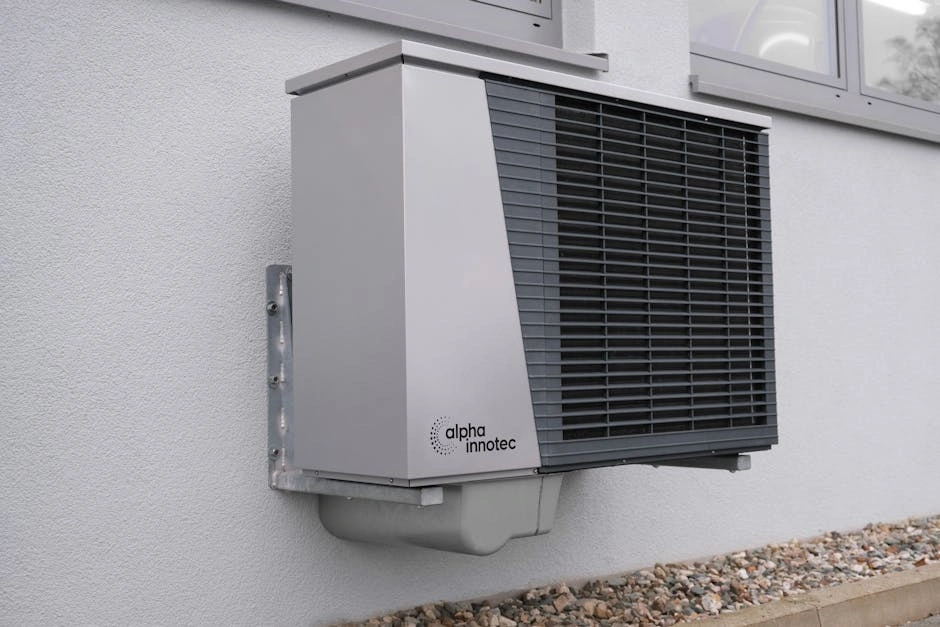Heat Pump Check-Up: Expert Inspections for Bremerton, Gorst, and Port Orchard Homes

Why Your Bremerton Home Needs a Heat Pump Inspection

When you're searching for heat pump inspection in bremerton, wa, you need a qualified technician who understands how Pacific Northwest weather affects your system. Heat pumps are ideal for our mild climate, but they need regular check-ups to keep working efficiently. Whether your system is making strange noises, struggling to heat or cool evenly, or you simply want to prevent problems before winter arrives, professional inspection services in Bremerton, Gorst, and Port Orchard can identify issues early and keep your home comfortable year-round.
Quick Answer: What to Expect from a Heat Pump Inspection
- Electrical connections checked for safety and performance
- Refrigerant levels tested and adjusted if needed
- Coils and filters cleaned or replaced
- Thermostat calibration to ensure accurate temperature control
- Mechanical components inspected for wear or damage
- Overall system efficiency evaluated with diagnostic tools
For comprehensive HVAC care beyond inspections, explore our HVAC Services, or if you're ready to schedule your inspection, visit our Bremerton Area page.
Heat pumps work by transferring heat rather than generating it, making them incredibly energy-efficient for Bremerton's climate. Research shows that heat pumps are most effective in temperatures above 40°F, and since the Pacific Northwest spends about 70% of the heating season above that threshold, they're a perfect fit for our region. In summer, they reverse the process to cool your home. But like any mechanical system, heat pumps need regular maintenance to operate at peak efficiency—and that's where professional inspections come in.
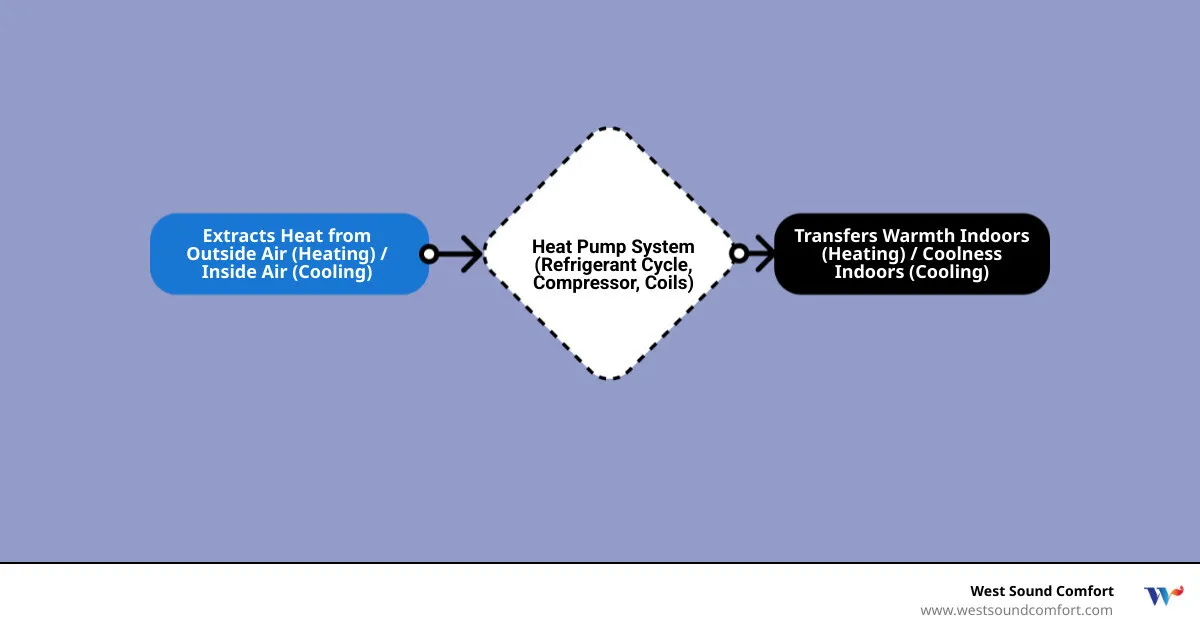
A heat pump is a marvel of modern HVAC technology. Unlike traditional furnaces that burn fuel to create heat, or air conditioners that only cool, a heat pump simply moves heat. In heating mode, it extracts latent heat from the outdoor air, even when it feels chilly outside, and transfers it into your home. Think of it like a refrigerator working in reverse! In cooling mode, the process is reversed: it pulls heat from inside your home and releases it outdoors, providing efficient air conditioning.
This unique operational method makes heat pumps incredibly efficient, especially in the mild climate we enjoy across Bremerton, Gorst, Port Orchard, and surrounding areas like Bainbridge Island, Silverdale, Kingston, and Poulsbo. The consistent temperatures, rarely dipping to extreme lows for extended periods, mean your heat pump can operate optimally for most of the year. In fact, high-efficiency residential heat pumps are proven to save money on your home’s heating and cooling costs, consuming less electricity than baseboard heaters and traditional furnaces. Adding a heat pump to your existing propane or electric furnace can lower your annual heating cost by at least 50%, significantly reducing your home’s carbon footprint and utility bills.
Key Signs Your Heat Pump Needs an Inspection
Your heat pump is pretty good at telling you when something's wrong—you just need to know how to listen. Think of these warning signs as your system's way of asking for help before a small issue turns into an expensive repair. If you notice any of these symptoms, it's time to schedule a professional heat pump inspection in bremerton, wa.
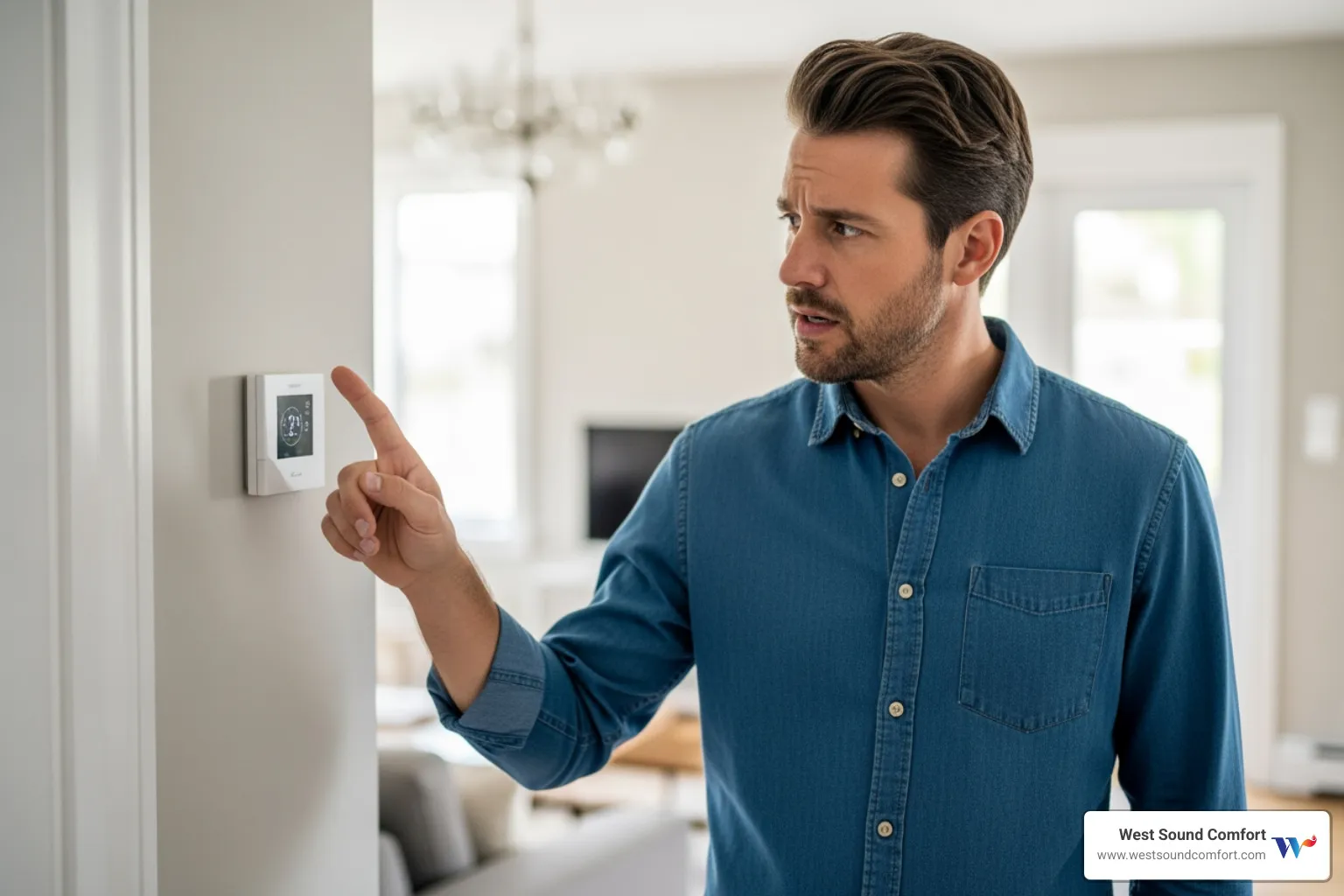
Strange noises are usually the first clue that something's off. Your heat pump should hum along quietly in the background. If you're suddenly hearing grinding, squealing, rattling, buzzing, or hissing sounds, pay attention. Research shows that these noises often signal a leak, a component malfunction, or dirt buildup affecting the moving parts. That grinding sound? It could be worn bearings. A high-pitched squeal might mean a belt issue. Don't brush these off—they rarely fix themselves.
Increased energy bills are another telltale sign. One of the best things about heat pumps is how efficiently they operate, so if your utility bills are climbing without explanation, your system is probably working harder than it should. Dirty coils, low refrigerant, or worn components can all force your heat pump to run longer cycles, burning through electricity while struggling to maintain comfort.
Reduced performance shows up in different ways. Maybe your heat pump runs constantly but never quite reaches the temperature you've set. Perhaps the airflow from your vents feels weaker than usual. Or you notice that your home just doesn't feel as comfortable as it used to, even though nothing else has changed. These symptoms often point to issues that a trained technician can diagnose and resolve.
Uneven heating or cooling throughout your home is particularly frustrating. If you're comfortable in the living room but freezing in the bedroom, or if you find yourself constantly adjusting the thermostat trying to find that sweet spot, your heat pump isn't distributing conditioned air properly. This could stem from ductwork problems, a malfunctioning blower, or issues with the heat pump's heat transfer capability.
Frequent cycling puts unnecessary stress on your system. Short cycling—when your heat pump turns on and off repeatedly in short bursts—wastes energy and wears out components faster. This can happen with an improperly sized system, a faulty thermostat, or various internal problems. On the flip side, if your heat pump runs almost constantly without ever reaching your set temperature, that's equally concerning.
Ice buildup deserves special attention. Yes, you'll see some frost on the outdoor unit during winter—that's normal, and your heat pump has a defrost cycle to handle it. But excessive ice coating the outdoor coils or building up inside the unit signals trouble. Low refrigerant levels, a malfunctioning defrost sensor, or restricted airflow can all cause problematic ice accumulation.
Foul odors should never be ignored. A musty smell coming from your vents often means mold or mildew has taken up residence in your coils or ductwork. A burning smell is even more urgent, as it could indicate an electrical problem that needs immediate attention.
If you're experiencing any of these issues, don't wait for things to get worse. Our team at West Sound Comfort has seen it all and can help you understand exactly what's happening with your system. For more helpful information about maintaining your home's comfort, visit The Comfort Zone.
When to Schedule a Tune-Up
Timing matters when it comes to heat pump maintenance. Being proactive saves you money and prevents those middle-of-winter breakdowns that always seem to happen at the worst possible moment.
Annual maintenance is the absolute minimum for keeping your heat pump healthy. Most experts suggest scheduling this inspection before the heating season kicks in (typically fall) or before cooling season begins (spring). This timing ensures your system is ready when you need it most and catches small problems before they snowball into major repairs.
Seasonal changes make twice-yearly inspections even better, especially here in the Pacific Northwest where we use our heat pumps year-round. A spring check-up prepares your system for cooling season, while a fall inspection ensures you're ready for heating season. Given that your heat pump works hard in both modes, this dual approach keeps it running efficiently through every season.
Before buying a home in Bremerton, Gorst, or Port Orchard, always include a heat pump inspection as part of your due diligence. This reveals any existing problems, gives you negotiating power, and helps you budget for future maintenance or replacement. The last thing you want after moving in is finding your heat pump needs major repairs.
After extreme weather events, it's smart to have your system checked out. The Pacific Northwest sees its share of windstorms, heavy rain, and occasional snow. Severe weather can damage outdoor units, disconnect electrical components, or cause refrigerant line issues. A quick inspection after a storm gives you peace of mind and catches any weather-related damage early.
Your Guide to a Professional Heat Pump Inspection in Bremerton, WA
When your heat pump needs attention, you might be tempted to roll up your sleeves and tackle it yourself. We admire that DIY spirit! But when it comes to a thorough heat pump inspection in bremerton, wa, professional expertise offers benefits that simply can't be replicated with a YouTube tutorial and good intentions.
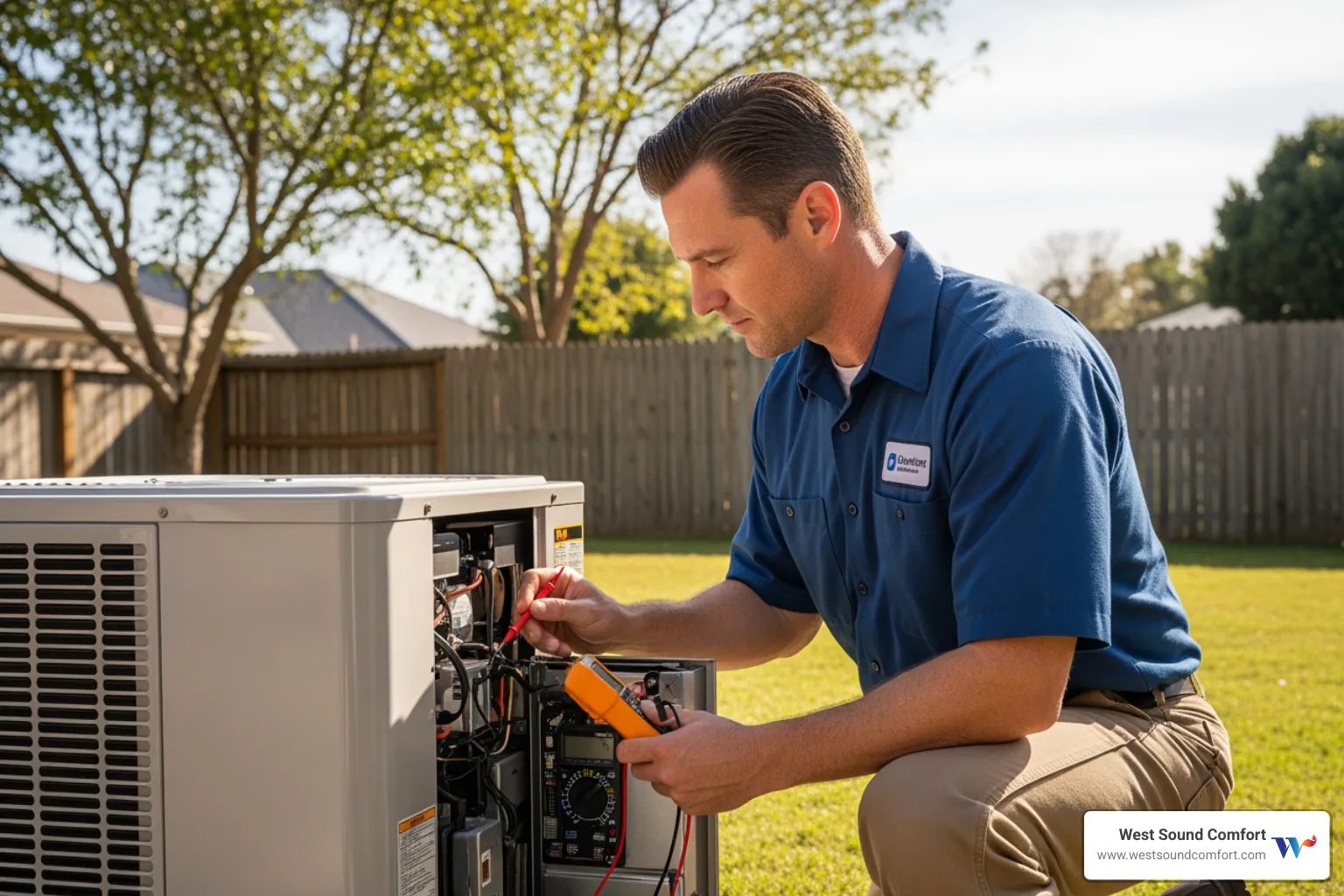
Our team brings over 30 years of experience to every inspection we perform in Bremerton, Gorst, Port Orchard, and throughout Kitsap County. That kind of professional expertise means we've seen just about every heat pump issue imaginable—from the obvious to the obscure. We understand how these systems work at a deep level, how they respond to our Pacific Northwest climate, and what subtle signs might indicate a problem that's just beginning to develop. When we inspect your heat pump, we're not just checking boxes on a list; we're using decades of knowledge to accurately diagnose issues and recommend solutions that make sense for your specific situation.
Safety is another critical reason to trust professionals with your heat pump inspection. These systems involve high-voltage electrical components and pressurized refrigerant lines. Working with electricity always carries the risk of shock or electrocution, and refrigerant leaks can pose health hazards and environmental concerns. Our technicians are trained in proper safety protocols, equipped with personal protective equipment, and certified to handle refrigerants safely and legally. We know which components can be touched and which require special precautions.
We also come prepared with specialized diagnostic tools that give us a precise picture of your system's health. We can measure refrigerant pressures and levels with accuracy, test electrical currents and voltages, assess airflow rates, and check temperature differentials across your coils. These measurements tell us things that a visual inspection simply can't reveal. For example, your refrigerant level might look fine from the outside, but our gauges can detect a slow leak or an improper charge that's quietly robbing your system of efficiency.
Perhaps most importantly, regular professional inspections contribute significantly to your heat pump's system longevity. When we catch small issues early—a slightly loose electrical connection, a bit of dirt accumulating on the coils, a minor refrigerant leak—we can address them before they snowball into major failures. This preventive approach can add years to your system's lifespan and save you from the expense and inconvenience of premature replacement. With our 5-year warranty on parts and labor, we're committed to helping you get the maximum return on your investment.
To explore everything we offer beyond inspections, visit our HVAC Services page.
Simple DIY Checks vs. Professional Service
We believe informed homeowners make the best partners in maintaining their comfort systems. There are absolutely some simple maintenance tasks you can handle safely on your own, and we encourage you to stay engaged with your heat pump's care. At the same time, it's important to understand where the line is between helpful homeowner maintenance and work that requires professional training and tools.
Here's a helpful comparison:
Think of it this way: you can and should be your heat pump's daily caretaker, but we're here to be its doctor. Your regular attention to simple tasks keeps the system happy between our visits, and our detailed inspections catch the things you can't see or measure on your own.
What to Expect During a Professional Heat Pump Inspection in Bremerton, WA
When we arrive at your Bremerton home for a heat pump inspection in bremerton, wa, we follow a comprehensive checklist that covers every critical component of your system. Here's what happens during our visit:
We start by checking all electrical connections throughout your system. We tighten any loose terminals, test voltage and current on motors, and look for signs of overheating or corrosion on electrical components. Faulty electrical connections can reduce your system's efficiency and even pose fire hazards, so this step is crucial.
Next, we test refrigerant levels using specialized gauges. Your heat pump needs exactly the right amount of refrigerant to operate efficiently—too little or too much will reduce performance and can damage the compressor. If we find the level is off, we'll investigate why and make the necessary adjustments. A low refrigerant level usually indicates a leak, which we'll locate and recommend repairing.
We thoroughly clean and inspect both the indoor and outdoor coils. The evaporator coil inside your home and the condenser coil in your outdoor unit need to be clean for efficient heat transfer. We also check the delicate fins on these coils for damage and straighten them if needed to maintain proper airflow.
Blower components get careful attention during our inspection. We examine the blower motor, check its bearings, and ensure the fan blades are clean and balanced. We also measure airflow to verify your system is moving the right amount of air through your home.
Thermostat calibration is another important step. We verify that your thermostat is accurately reading your home's temperature and properly communicating with your heat pump. A thermostat that's even a few degrees off can significantly impact your comfort and energy bills.
We clear and test the condensate drain to prevent water backup. When your heat pump operates in cooling mode, it removes moisture from your indoor air. This water needs to drain away properly, or you could end up with water damage or mold growth.
Finally, we inspect accessible ductwork for leaks, damage, or inadequate insulation. Even the most efficient heat pump can't keep you comfortable if conditioned air is escaping through leaky ducts before it reaches your living spaces.
Throughout the inspection, we're also looking for signs of unusual wear, listening for abnormal sounds, checking safety controls, and testing the defrost cycle. When we're finished, we'll give you a clear picture of your system's condition and recommend any repairs or adjustments that will keep it running reliably.
Featured Manufacturer
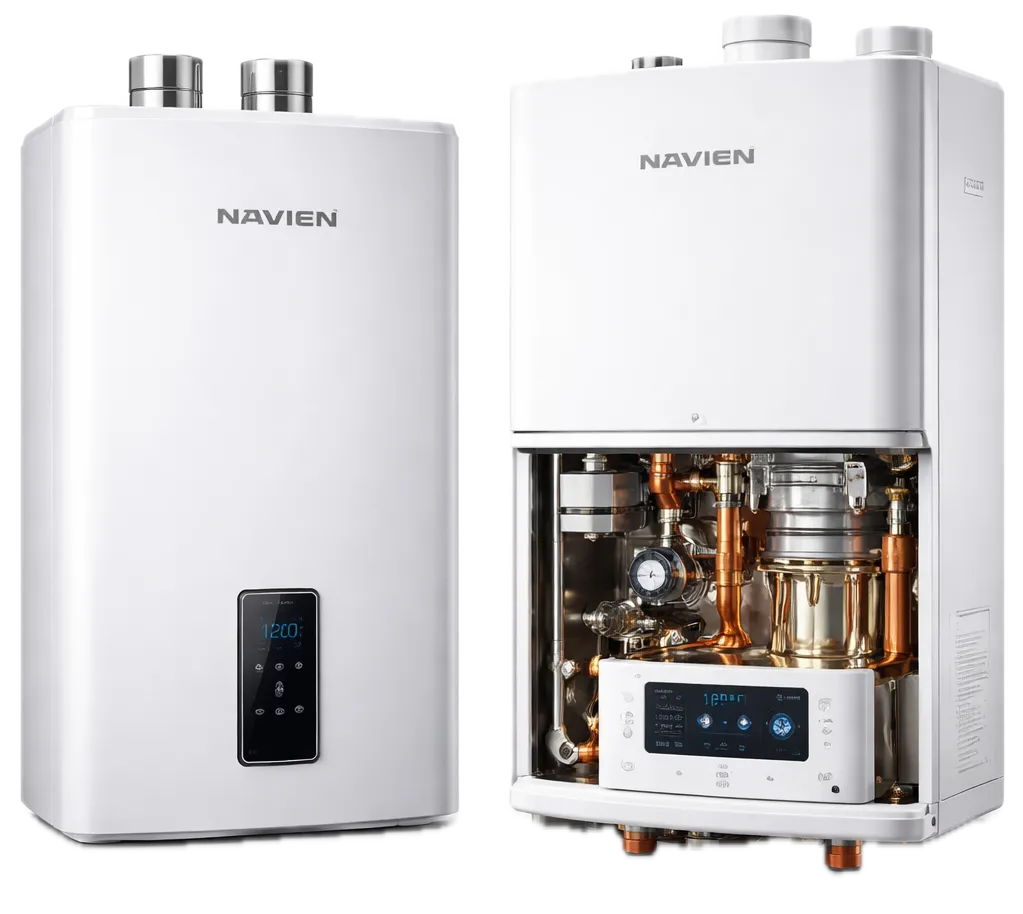
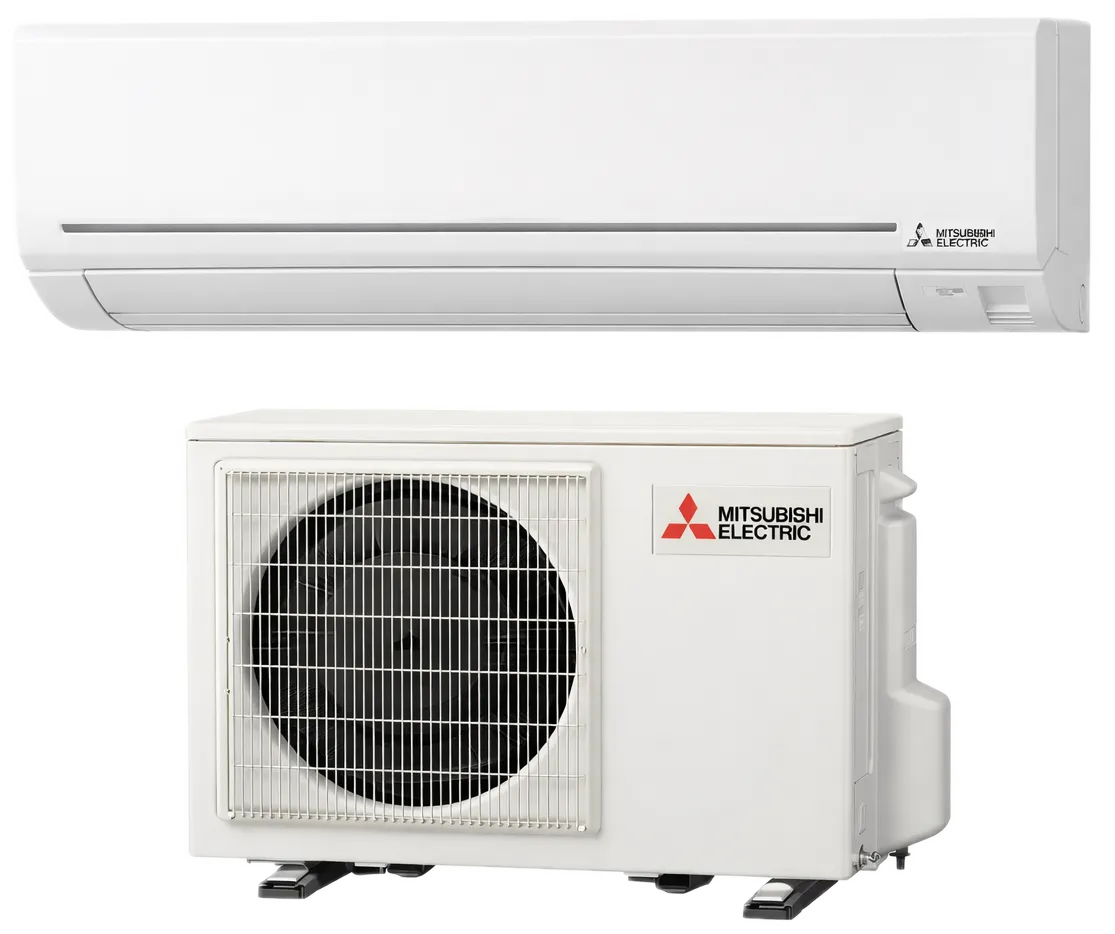
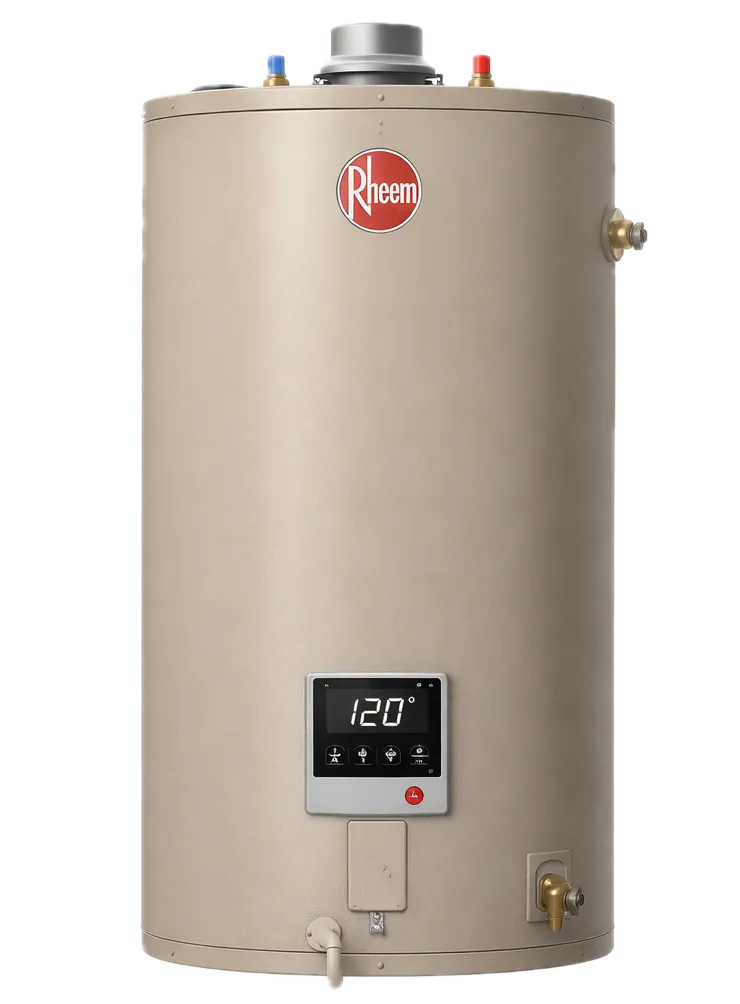



.avif)




